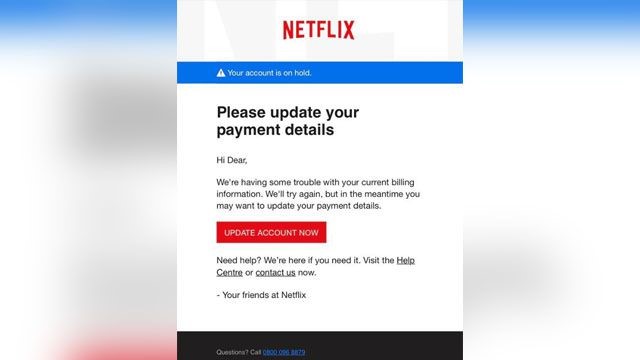
ChatGPT has become immensely popular since its launch in late 2022, with millions of people using the AI chatbot daily. However, as with any new technology, scammers are finding ways to exploit ChatGPT to scam and defraud unsuspecting users. Our mission at ScamWatch360 is to help people recognize and avoid the latest scams. In this article, we will cover the most common ChatGPT scams to watch out for and provide tips on how to stay safe.
One of the most prevalent ChatGPT scams is phishing attempts through email and text messages. Scammers are using ChatGPT’s natural language capabilities to generate extremely convincing phishing messages. These messages often pretend to be from ChatGPT customer support and request personal information or ask users to click on links to “verify their account.” Of course, any links lead to phishing sites designed to steal usernames, passwords, or credit card information.

The best way to avoid this scam is to never click on links or provide sensitive information in unsolicited messages. Official ChatGPT support will never ask for your password or account details over email or text. Always access the ChatGPT site directly rather than through provided links. Also be wary of messages creating a false sense of urgency to provide information or click on a link.
Another common tactic is for scammers to create fake apps and browser extensions purporting to enhance the ChatGPT experience. For example, a fraudulent app may claim to unlock “ChatGPT Plus” features for free. In reality, such apps are loaded with malware, spyware, and vulnerabilities that allow your device to be hacked. You can avoid these scams by only using apps and extensions from official sources like the Google Play Store or Chrome Web Store. Check reviews, ratings, and the developer carefully before installing anything related to ChatGPT. Be especially wary of apps promoting premium features for free or requiring excessive permissions.
More sophisticated scammers are using ChatGPT’s conversational abilities to engage in highly targeted spear phishing and impersonation scams. For example, a fraudster may use info from your social media to craft personalized emails pretending to be someone you know. Or they may impersonate businesses you frequent. These messages contain links or attachments aiming to download malware or capture your login credentials for fraud.
The best defense is vigilance. Even messages that seem legit and personal in nature may be crafted by AI. Look for slight discrepancies in the writing style of people you know. And call or contact the impersonated company via official channels to verify suspicious correspondence. Avoid opening attachments or links without verifying first.
Bad actors are also using ChatGPT to intentionally generate disinformation, false news stories, and misleading content. This content spreads rapidly since it is indistinguishable from human-written text. Such disinformation can manipulate public perception and even impact markets if presenting false information about companies.
As with all content online, make sure to fact check before believing or sharing anything questionable. Look for trusted, authoritative sources to verify information rather than blindly trusting persuasive text generated by AI systems. Also be aware of “too good to be true” news stories, sensational claims, or unusual biases, which should prompt deeper investigation.
Some scammers are faking entire chat conversations using ChatGPT, and then sharing screenshots to spread misinformation or manipulate others. For example, a fraudster may generate a fake chat log between themselves and a celebrity in order to bolster their reputation and seem more credible. Or they may fabricate a customer service interaction to damage a brand’s reputation or misrepresent an incident.
Scrutinize the source when chat logs or ChatGPT screenshots seem suspicious. Corroborate with other evidence rather than taking them at face value. Remember ChatGPT can create convincing but completely fictional conversations. Trace images to the original source if possible using tools like Google Reverse Image Search.
In summary, scammers find innovative ways to exploit each new technology advancement. As ChatGPT gains adoption, remain vigilant to phishing attempts, fake apps and extensions, spear phishing, AI-generated disinformation, and faked chat logs. Verify senders, check official sources, avoid clicking unvetted links, and fact-check questionable content. Follow these tips to avoid the latest ChatGPT scams and use this transformative AI safely and securely.